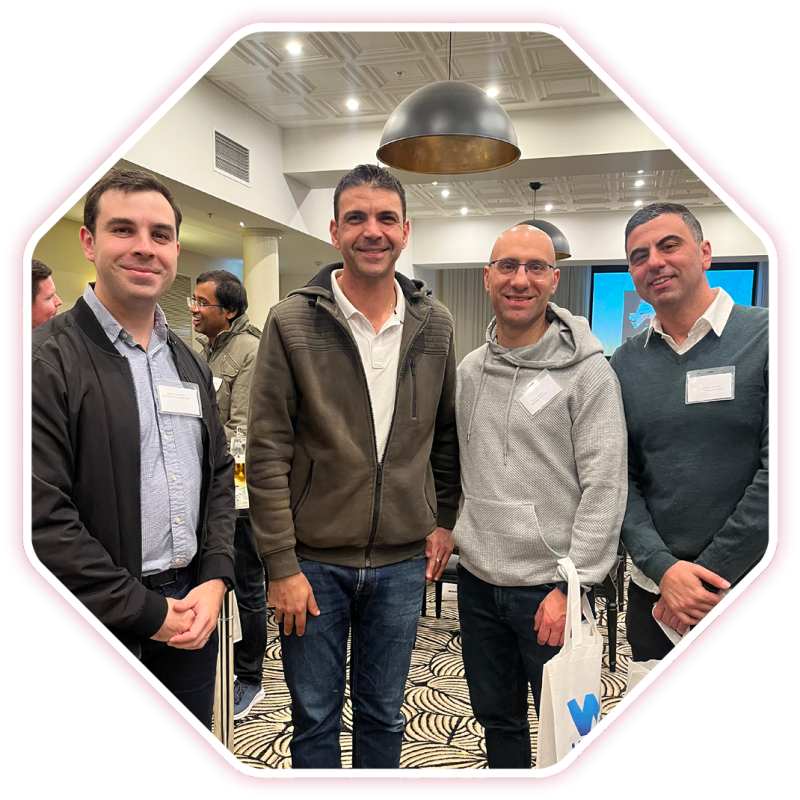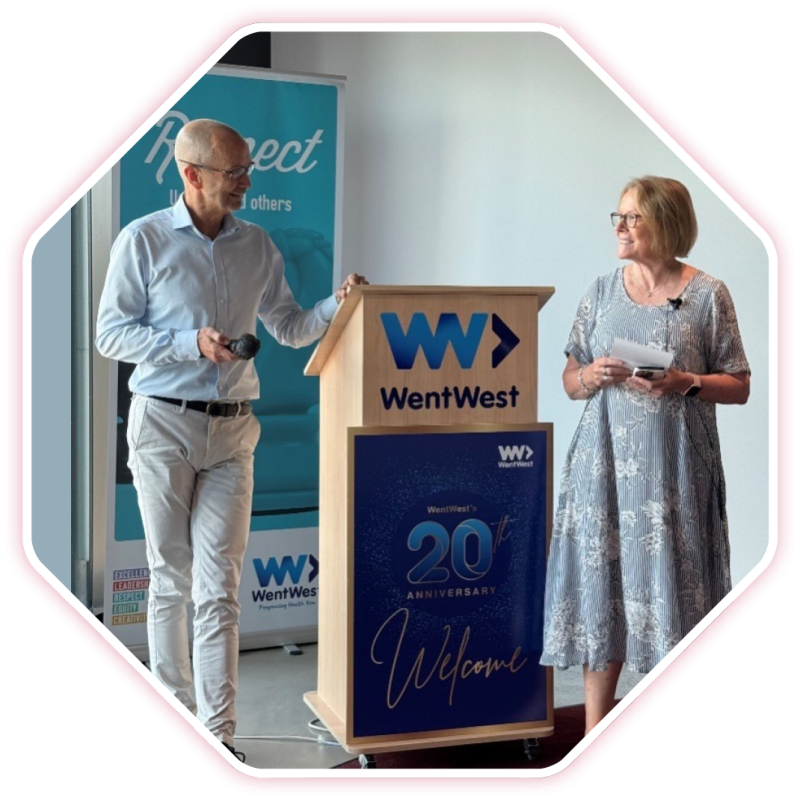Our Primary Care Transformation and Integration team are committed to partnering
with primary care. In Western Sydney there are:







Fostering Relationships in Health Care Neighbourhoods
As the Western Sydney Primary Health Network, an important part of our work is focused on building relationships between health professionals in our region. As part of our place-based approach, we launched the Cumberland Health Care Neighbourhood in the Local Government Area (LGA) and held two successful events, with more planned. Having identified the need for greater connection in health care across a multicultural population, the focus of the events has been to connect health care professionals, create greater awareness of the services available to community groups and support ongoing partnerships between providers.
The Cumberland region has a population of over 235,000 residents, with 60.3% of residents born outside of Australia and 73.9% of households using a non-English language as their primary language.1 The success of this place-based approach has led to plans for more networking events in this region and other regions in the future.

MyMedicare
As part of the Strengthening Medicare reforms, last year, the Commonwealth introduced a new voluntary patient registration model called MyMedicare to drive improvements in primary health care for all Australians and deliver new funding packages to primary care providers. The MyMedicare model aims to strengthen the relationship between patients, their general practice, GPs and primary care teams and facilitate greater continuity of care.
As the WSPHN, we have continued to provide support, information and resources to Western Sydney-based practices to improve the understanding and awareness of MyMedicare and support patient uptake within the region. Benefits of MyMedicare include MBS-funded longer telephone consultations for registered patients, access to new blended funding models to keep patients out of hospital, and additional support for people living in Residential Aged Care Homes (RACHs) and people with chronic and complex conditions.
Over
88%
of eligible general practices in Western Sydney are now registered for MyMedicare
Pharmacist in General Practice
We began the Pharmacist in General Practice (PIGP) program in 2016, with two pharmacists working in two practices in Western Sydney. This program has steadily grown, with 12 pharmacists now working in 34 practices.
The PIGP program involves a pharmacist working directly and collaboratively with GPs and other health professionals to support the quality use of medicines and strengthening interdisciplinary, team-based care. From providing medication advice to patients and reviewing and assessing medication effectiveness, to conducting clinical audits and providing education to GPs and other practice staff, the PIGP works within health care teams to minimise medication-related problems and maximise health outcomes. This collaborative approach shares the workload and helps ease the pressure across the entire team.
To further support this program, in February, we hosted our second National Symposium for Pharmacists in General Practice to showcase the diversity of engagement of pharmacists in primary care settings across Australia. Held at our office at Innovation Quarter and online, over 150 participants attended and engaged in collaboration, with the overarching theme of Quality Improvement driving presentations on the day.

Reference:
- Australian Bureau of Statistics (2021), Cumberland 2021 Census Community Profiles. Accessed by: 2021 Cumberland, Census Community Profiles | Australian Bureau of Statistics (abs.gov.au)